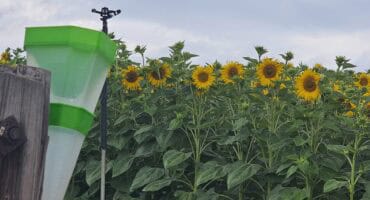Local news
RESIDENTS AND HOLIDAY TRAVELLERS BEWARE OF DEADLY RABIES
The Department of Agriculture, Land Reform and Rural Development wishes to alert residents and holiday travellers of rabies in high-risk areas in the country.

Rabies is particularly common in the KwaZulu-Natal, Eastern Cape, Limpopo and Mpumalanga Provinces, as well as the border between Free State Province and Lesotho. The coastal areas of KwaZulu-Natal and Eastern Cape are a particularly high risk for rabies – the public is advised not to approach, touch or pick up stray dogs and cats from these areas for whatever purpose.
When picking up stray animals and homing them, you could aid the spread of rabies to other areas and provinces and put your life and that of your family at risk. People are encouraged to rather report stray animals to local welfare authorities and to support these organisations in caring for such animals. Remember that rabies may occur anywhere in South Africa and therefore avoid the handling of animals that you do not know.
Rabies is a very serious, mostly fatal zoonotic disease, meaning that it can be passed from infected animals to humans. Any mammal can become infected with rabies, but the biggest threat to human health is infected dogs and cats. The rabies virus is transmitted through saliva of an infected animal when it bites, scratches or licks a person. Animals that are infected with rabies may show changes in behaviour, but these vary widely from unprovoked attacks to becoming overly friendly or just appearing sleepy. They may drool a lot, may not be able to swallow, continuously vocalise (barking, whining, howling etc.), show odd behaviour and sometimes become aggressive or, on the contrary, they may just appear weak and unresponsive.
In animals and humans, the disease affects the brain and once clinical signs become visible, there is no curative treatment, and it is 100% fatal. Therefore, if you suspect that you have been exposed to an animal that may have rabies, it is critically important to wash the wound very well with soap under running water and to immediately seek preventative treatment at your nearest healthcare facility. Doing this can save your life!
At Caxton, we employ humans to generate daily fresh news, not AI intervention. Happy reading!




